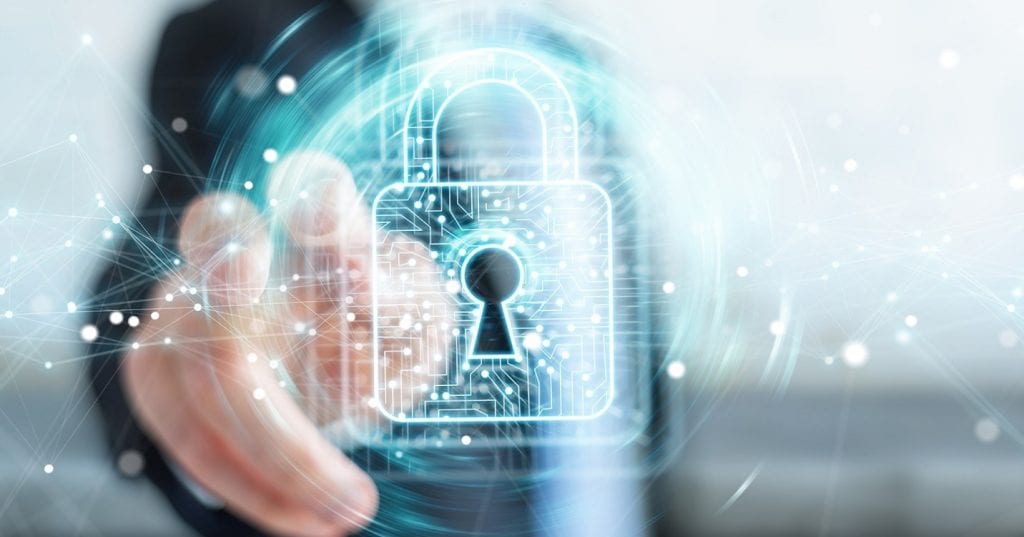When thinking about the concept of internet privacy, many of us immediately conjure the image of a VPN and other tools that can be useful to encrypt your data and prevent hackers from getting access to your private information, but what about hackers? Can hackers utilize VPN abuse tactics to remain anonymous?
The Governmental Dilemma over VPN Abuse
Governments worldwide have to decide whether to keep VPNs on a tight leash preventing VPN abuse but risk locals calling them dictators that are trying to censor the internet.
The other choice is to give them free rein and feel the effects of undetectable hackers, which can translate into various illegal online activities, including piracy and hacking.
Adding insult to the injury is the recent few events taking advantage of this dilemma, including the 2016 elections email hacking incident.
Another example is last year’s 2020 US federal government data breach incident, which is considered to this day as one of the worst ever cyber-espionage incidents the US had suffered from. Experts estimate that the hackers had access to sensitive US personnel data for nine whole months.
Both incidents are believed to originate from Russia, but nothing could be proven as attackers were disguised behind multiple tools, including VPNs.

Cyber-Attack Statistics
With online activities being a significant part of our daily lives, the risk of cyberattacks becomes more concerning and significant. According to Forbes, around 30,000 websites are hacked daily. Furthermore, it is estimated that cybercrime costs the world more than $1 trillion in 2020 alone.
According to data from Statista, compared to ten years ago, the total number of cyberattack cases has more than doubled, with the last five years contributing to approximately 64% of the increase. The number of cyberattacks and data breaches in the US in 2020 was over 1000 attacks.
The Corona pandemic had worsened the situation with a reported 300% increase in cyberattacks and hacking,
It is believed that approximately 4% of cyberattacks originate from Russia. However, a much higher portion of all hacking traffic in the world originates from China (which is about 40%); these numbers show how espionage is shifting to the digital world.
However, because hackers are well hidden behind VPN companies and some other methods they use, it is hard to point fingers confidently as there is no definitive proof.
Fighting Fire with Fire and VPN Abuse with VPN
VPN abuse can be a real issue when done correctly, as it helps hackers get away with their deeds, but what can we do to stop it? Or rather, what can we do to protect ourselves? The list of recommendations is very long; it involves many tools, including antiviruses, password managers, and VPNs.
According to experts from the Cybersecurity and Infrastructure Agency, the cybersecurity department at Harvard, and tech experts at Several, a combination of using the correct tools to protect yourself and taking the proper precautions is the best practice you can do to stay safe.
Comprehensive reviews of the top cybersecurity tools in the market can help you choose which VPNs, antiviruses, and password managers suit you best.
As for precaution measures, while the list is long, a few major things to watch out for include:
- Regular vulnerability updates: Drivers constantly get new updates to patch any possible threats; regularly updating your drivers and conducting vulnerability scans will help you stay safe.
- Don’t use the same password: Using the same password repeatedly will put you at risk of getting hacked across multiple devices. You should also consider using hard-to-guess passwords; if you find that hard to do, then try using a password manager.
- Use HTTPS websites and avoid HTTP websites: HTTPS stands for (Hypertext Transfer Protocol Secure).
HTTPS is an encrypted version of HTTP websites that uses TLS encryption; this means data intercepted when connecting to a website with TLS encryption will appear scrambled, providing no meaning.
Otherwise, you can use a VPN to encrypt your data constantly.
- Back up the most critical data: The infamous ransomware’s tactic was to encrypt your important files and delete them within a set amount of time if you don’t pay. In the event you have a backup, this hostage-taking method becomes obsolete.
- Constantly change your passwords: Most cybersecurity experts recommend changing your password once every three months.
As a popular public domain saying goes, passwords are like underwear: change them often, keep them private, and don’t share them with others.
Although changing your password every so often could be a very tedious task, for your security’s sake, it is recommended. To make your life easier, you can use a password manager with an auto change password feature.
- Use multi-factor authentication: Multi-factor authentication means that you would need to use a password in addition to other authentication methods to log in to an account. An example would be a code sent to your email or an SMS sent to your phone number.
- Be very careful when using Wi-Fi networks: A Wi-Fi network is a Petri dish that can expose your device to infections, so only use a Wi-Fi network you’re sure is safe, or only when you have a robust antivirus/VPN.
Final Words
The digital world is mixing with the real world in an expedited manner; online safety is integrating with physical safety. The same goes for our IDs online and in the real world.
Even some of the top, most advanced governments in the world are falling victims to cyber attacks. Protecting yourself and your family from online dangers should serve you well.
Apart from this, if you are interested to know more about How to use a VPN then visit our Health category.

